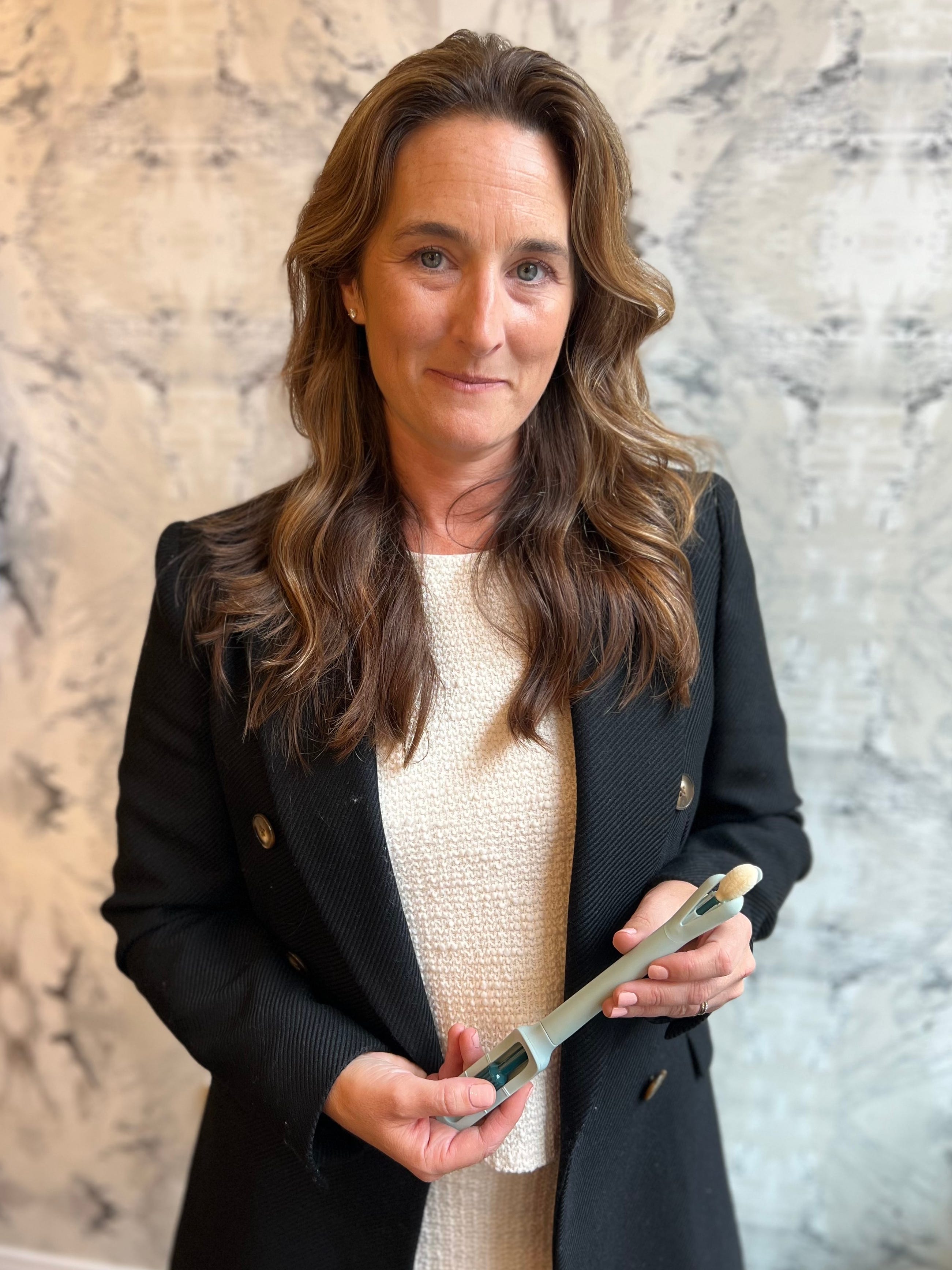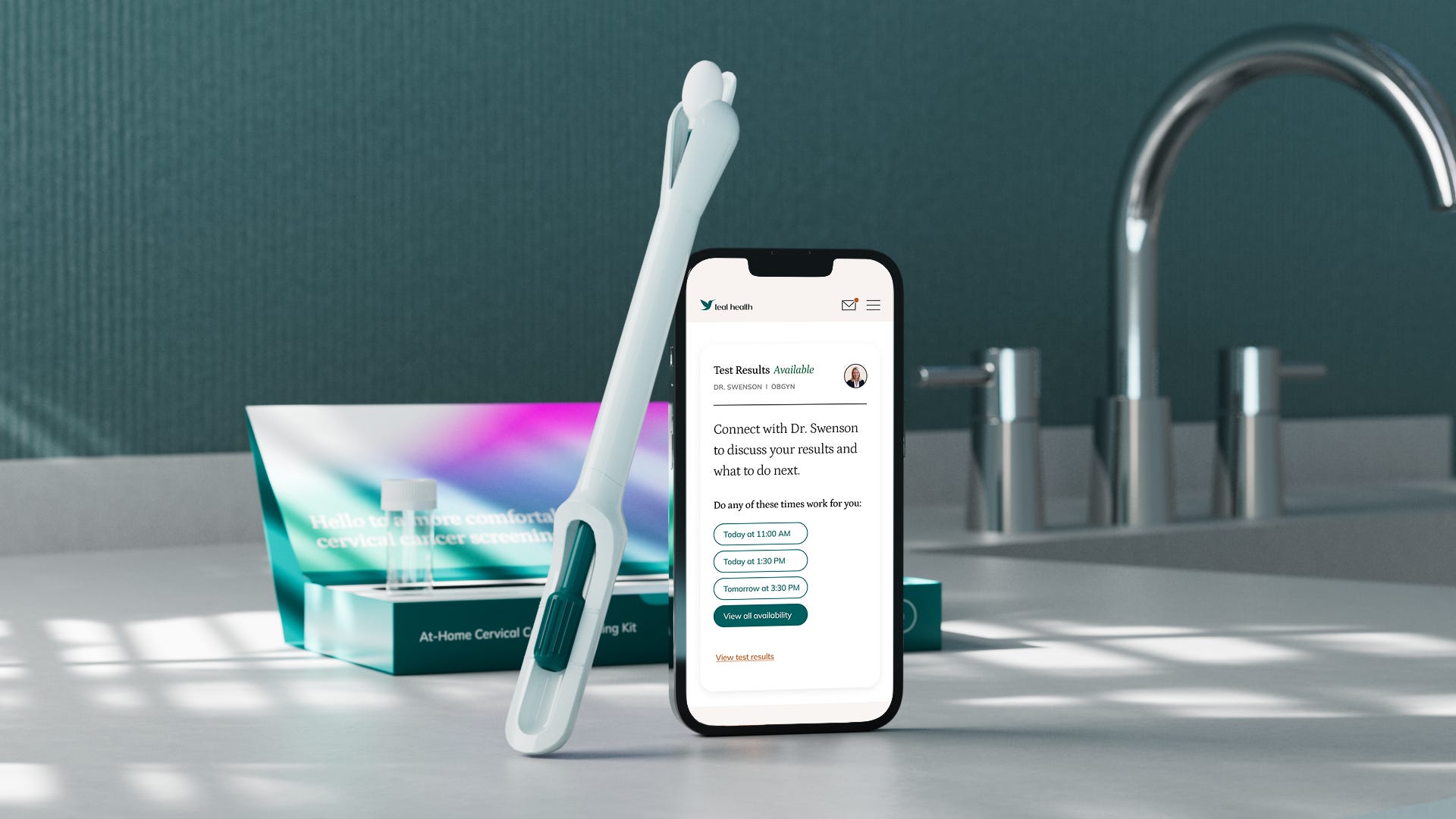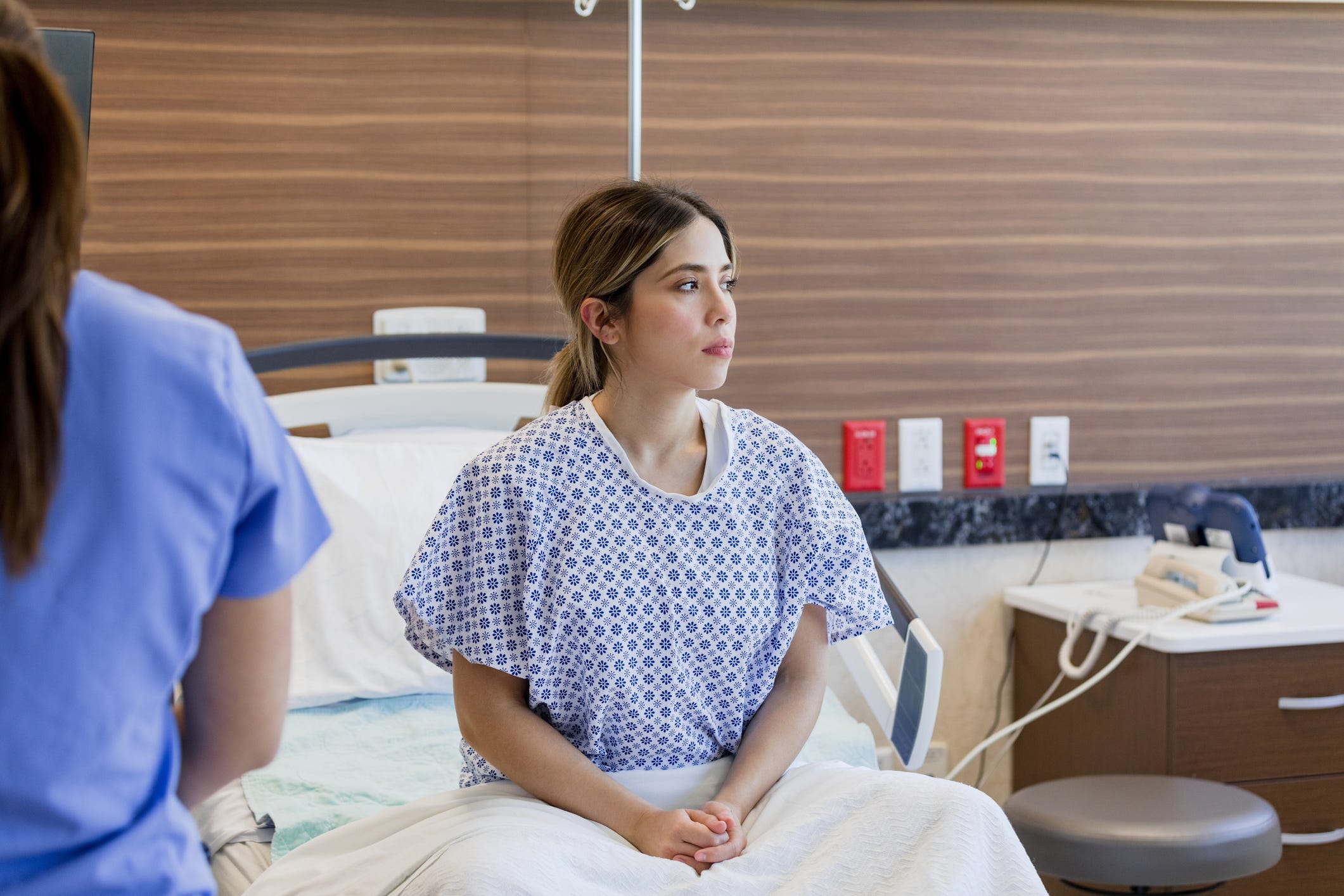
Hilary Brueck, Business Insider
Pap smears are dreaded, uncomfortable chores at the OBGYN’s office. They’re also life-saving procedures.
A new, tampon-shaped do-it-yourself test from Teal Health aims to make the most important part of your Pap smear — the cervical cancer screening — a little more comfortable and private. On Friday, the US Food and Drug Administration approved Teal’s at-home cervical cancer screening test, the first of its kind in the US.
The new test can’t replace pelvic exams entirely, but it could help close the gap in cervical cancer screenings. In the US, roughly one in four women are behind on their pap smears for a variety of reasons, including a lack of access.
“It’s just a new way of collecting the sample, it’s not a new test,” Teal Health CEO Kara Egan told Business Insider. “You can actually eliminate cervical cancer in the US, if we actually screen.”
A tampon for cancer screening
Teal’s test screens for human papillomavirus (HPV), which is the virus that causes more than 99% of cervical cancer cases.
The device is designed like a tampon, with a plastic applicator that guides a squishy, spongy tip that deploys and collects a sample from inside the vagina. In testing of over 600 women at 16 clinical trial sites nationwide, Teal found that 98% of users get an accurate test result on their first try, and 94% of participants preferred it to getting their test in a doctor’s office.
After the results are mailed in and processed, Teal asks patients to schedule a follow-up telehealth visit with one of its providers to discuss their results.

Teal Health
“Any method that can actually bring screening to patients and overcome some of the barriers that prevent women from getting appropriate screening will be exciting and important,” Dr. Melissa Frey, a gynecologic oncologist who directs the Genetics and Personalized Cancer Prevention Program at Weill Cornell Medicine in New York City, told Business Insider.
While an HPV test isn’t the only component of a Pap smear, Frey said it is the “most important” test.
Home tests still can’t do it all.
“Overall, I’m very much in favor of new screening modalities that help meet patients where they are,” Dr. Rachel Flink-Bochacki, an academic OB-GYN in New York, told Business Insider. “My one hesitation is that there are so many other things that happen during a healthcare visit, so many other benefits, even just to a routine pap smear.”
An in-office pap smear can detect other, less common cancers that an HPV screening wouldn’t pick up. During a pelvic exam, a doctor may also notice other concerns like abnormal warts or veins, and can spot signs of endometriosis, fibroids, skin issues, abnormal masses, or infection.
She is sensitive to the fact that many women avoid staying up to date on pelvic exams and Pap smears, sometimes because of a past sexual trauma. For this reason, she says some of her patients collect their own HPV test samples in her office during their visit.
“For somebody who can’t or isn’t comfortable accessing gynecologic care, a test that allows at-home HPV screening could be really impactful,” Flink-Bochacki said.
A deadly but preventable cancer

Getty Images
In the 1940s, cervical cancer was a leading cause of cancer death for women in the US. With the widespread adoption of Pap smears in the 1940s and then the first HPV vaccine in 2006, cases and deaths have declined sharply. There are still disparities in who gets screened and treated, with minorities and women living in rural areas often lagging behind.
“Having seen those patients, again, although there are not many of them, each one of those is a really significant loss,” Frey said. “These are often very young women who are otherwise healthy, and who should have had a normal lifespan.”
With widespread HPV vaccination, plus adequate cancer screening, it is possible to essentially prevent cervical cancer. In Australia, at-home HPV tests, coupled with widespread HPV vaccination, have the country on track to end cervical cancer as a public health issue by 2035, according to Cancer Council NSW.
In areas of the world where screening and HPV vaccination are not as accessible, cervical cancer is still a major concern and a top cause of cancer death for women. According to the American Cancer Society, cervical cancer is still the deadliest cancer for women in 37 countries around the world.
Teal’s at-home cervical cancer screening test will be available to patients in California starting in June. The company says it will be covered by the big health insurers, including Aetna, Cigna, and Anthem Blue Cross Blue Shield. There will also be a cash pay option.
“Before the end of the year, you’ll see us go to the other states,” Egan said.
The post A do-it-yourself wand could help replace your next Pap smear (yes, really!) appeared first on Business Insider.




